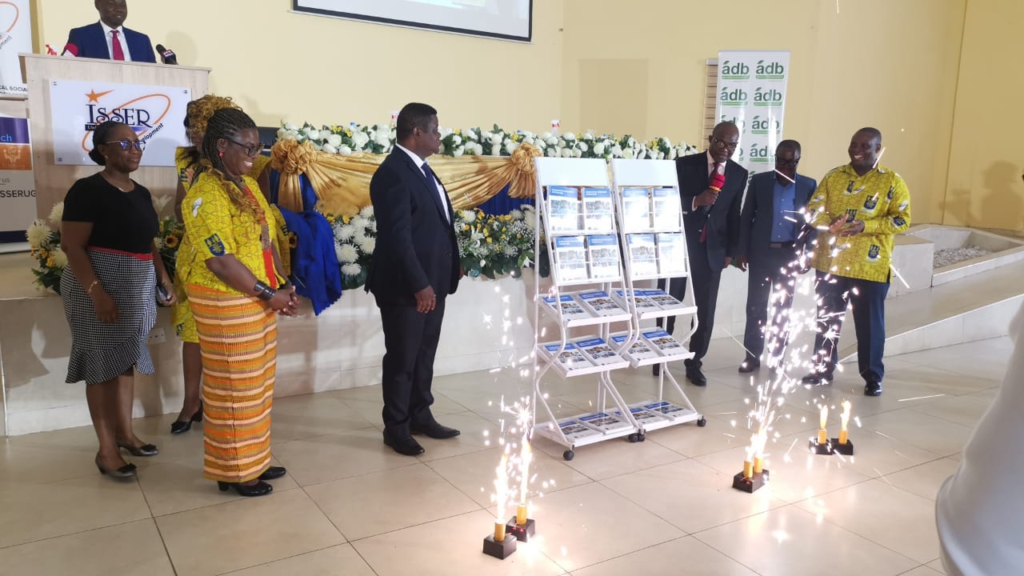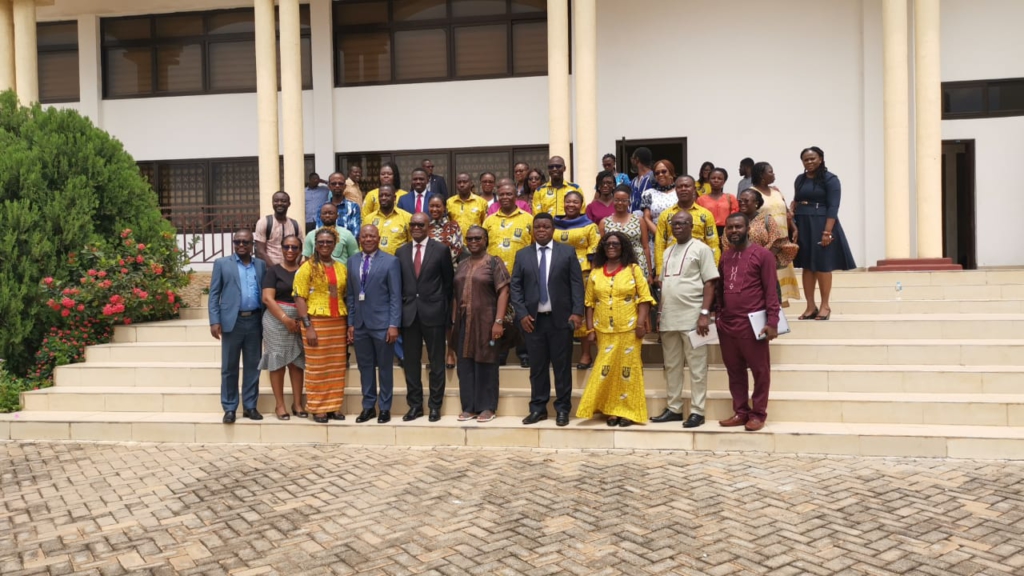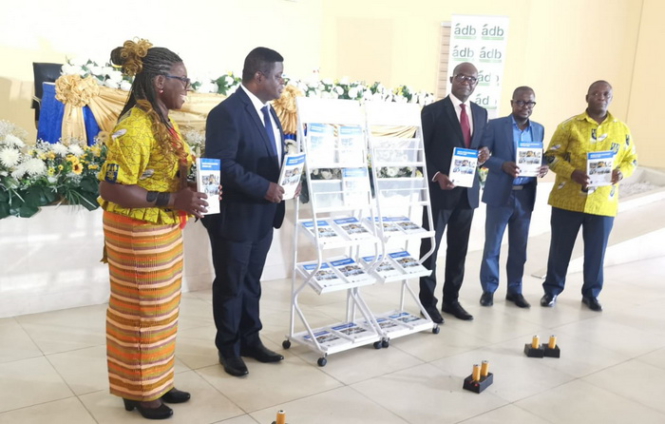The Ghana Social Development Outlook Report (GSDO) launched at the University of Ghana has revealed that there has been a decline in enrollment in primary and Junior high schools.
According to the 2022 report, enrolment at the Primary level declined from an average of 91 percent in 2016 to 80 percent in 2020 while the Junior High School enrolment also fell from 50 percent to 45 percent within the same period.
The GSDO report is a biannual research finding published by the Institute of Statistical, Social and Economic Research (ISSER) of the University of Ghana.
Speaking at the launch, the Director of ISSER, Professor Peter Quartey explained the drop was mainly attributed to waning school feeding.
“In terms of education, we saw that net enrolment although picked up, started declining in some areas particularly because for some particular areas, it is a school feeding, capitation grant, and some of the support that comes from government that enhances the net enrolment. Therefore where there are challenges, the numbers will go down,” he said.

The director stressed that “the decline in enrolment at the JHS and primary levels is a reflection of a situation of ‘taking our eyes off’ the basic education sector.”
To address the decline, the 2022 GSDO report recommended balanced funding to address the quality imbalance and engaging of relevant stakeholders.
It also called for a national discussion on free senior high school policy financing and continuous monitoring and evaluation.

The report in its sixth edition also highlighted 10 thematic social sectors namely;
- Education
- Health
- Water and sanitation
- Housing
- Employment
- Energy
- Environment
- Gender
- Social relations and
- Population
Again, elaborating on the same issue on the MiddayNews on JoyFM, the Head of the 2022 GSDO report, Dr Martha Awo said the study also found that the decline in enrolment was largely attributed to delay in the payment of capitation grant.
“The payment of capitation grants to various schools usually delays and the amount of GH¢4.50 is woefully inadequate. Apart from that, payment of caterers has been stalled for some time, and in most part of the poverty-stricken areas most of the caterers have laid down their tools,” she said.
She continued that findings on the ground show that children in the northern part of the country leave school after noon due to hunger, further accounting for the significant decline in enrolment.
Dr Awo recommended that the same support given to Senior High Schools (Free SHS policy) must be extended to the Primary and Junior High School levels.
Latest Stories
-
Diplomatic Corps hail Bawumia’s integrity and leadership qualities
28 minutes -
To chocolate, Ghana’s pride by Bioko
46 minutes -
Chartered Institute of Bankers, Ghana, confers Honorary Fellow status on Victor Yaw Asante
1 hour -
BoG marks end of year with Thanksgiving Service
1 hour -
Ghana’s Next Sports Minister: The Debate Begins
2 hours -
Election 2024: NPP advised to be mindful of the reasons being ascribed to their election lost
2 hours -
GNFS urges Ghanaians to prevent fires during yuletide
2 hours -
Report tobacco users who smoke publicly – FDA advises
2 hours -
Abdallah Ali-Nakyea elevated to Associate Professor at UG School of Law
3 hours -
Kick2build commissions 5 libraries in Klo Agogo, donates school supplies
3 hours -
Slim and Fit Ghana donates to kids at Motherly Love Orphanage in Kwabenya
3 hours -
We’ll be reorganising ourselves for the battles of tomorrow – NPP
3 hours -
Ghanaian teacher Morkporkpor Fiador’s GWR Read-A-Thon attempt postponed
3 hours -
Revocation of licences of UT, Capital banks were strict requirements from IMF – Dr. Addison
3 hours -
MP Cynthia Morrison among 280 members expelled by Agona West NPP
3 hours

